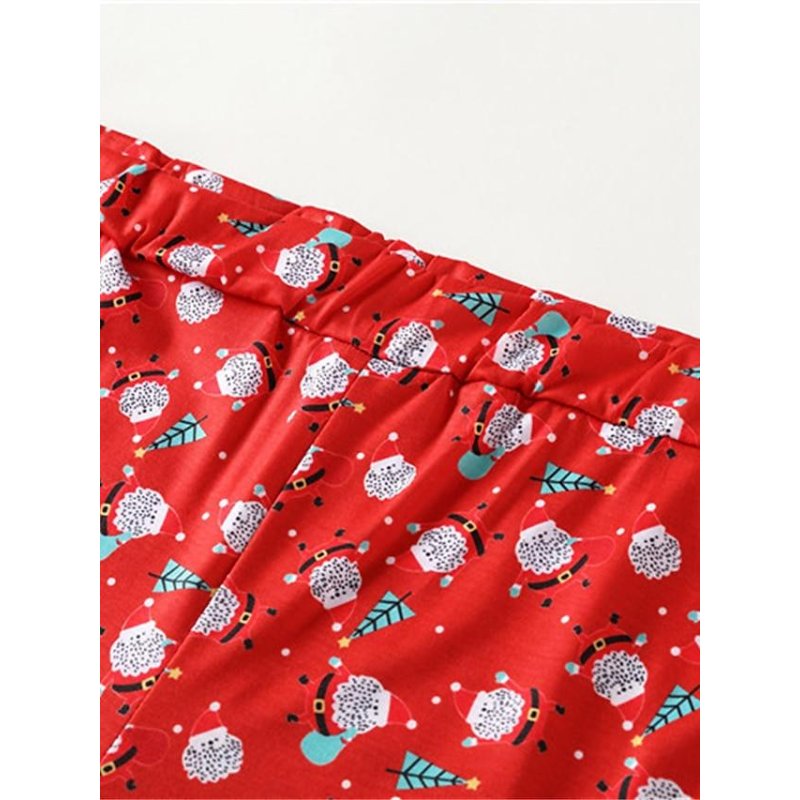Tag: Clothing, Fashion, Psychology, Human Behavior
In today’s society, clothing has become an essential aspect of our daily lives. From the clothes we wear to the way we present ourselves in public, fashion has a significant influence on how people perceive us. But beyond just being a means for covering our bodies, clothing can also have a profound impact on our attitude and behavior.
Firstly, let’s explore how clothing affects our attitude. It is no secret that when we dress well or put effort into our appearance, we tend to feel more confident and positive about ourselves. This boost in self-esteem can lead to improved performance in various aspects of life such as work or social interactions. On the other hand, if someone feels uncomfortable or self-conscious about their outfit choice it can bring down their mood and negatively affect their overall attitude.
Moreover, clothing choices are often used as a form of nonverbal communication. Our outfits send out signals about who we are and what kind of message we want to convey. For example, someone dressed in formal business attire signifies professionalism and authority while someone wearing bright colors might be perceived as outgoing and fun-loving. Therefore, individuals may use certain types of clothing to manipulate others’ perceptions of them based on their goals or intentions.
Apart from affecting one’s own attitude and perception towards themselves and others’, clothing also plays a role in influencing human behavior. Studies have shown that dressing up for an occasion makes people behave differently compared to when they are dressed casually or informally (e.g., wearing pajamas). Wearing specific types of clothing can cause individuals to adopt corresponding behaviors associated with those garments – acting more sophisticated in formal wear versus feeling relaxed in casual wear.
Additionally, trends within the fashion industry can also shape societal norms and values over time through its influence on consumer behavior patterns. As new styles emerge each season with varying levels of acceptance, people may conform to these trends and alter their behavior to fit in with the current fashion standards.
In conclusion, clothing is more than just a means of covering our bodies; it has a powerful influence on our attitude and behavior. It can affect how we feel about ourselves, communicate nonverbally with others, and even shape societal norms. As such, it is important to be mindful of the impact that our clothing choices can have and use them wisely to project the image we want to portray.

